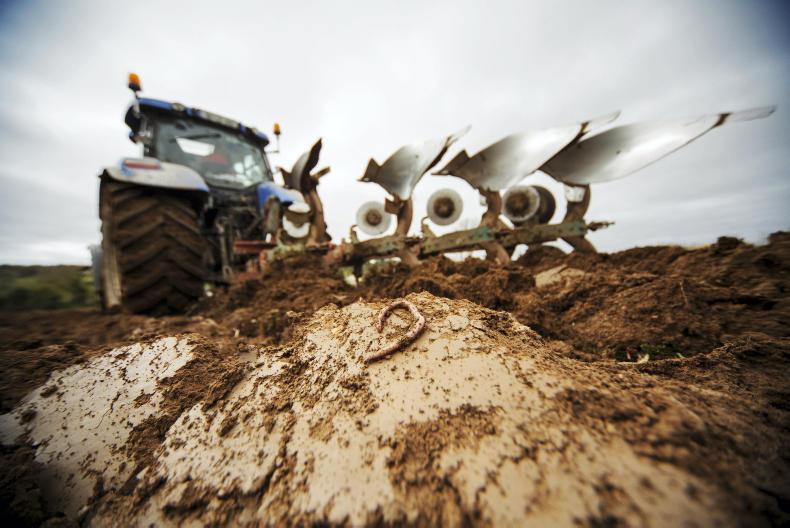
LOYALTY CODE:
The paper code cannot be redeemed when browsing in private/incognito mode. Please go to a normal browser window and enter the code there

LOYALTY CODE:
The paper code cannot be redeemed when browsing in private/incognito mode. Please go to a normal browser window and enter the code there
This content is copyright protected!
However, if you would like to share the information in this article, you may use the headline, summary and link below:
Title: UK divorce money could help farmers adjust to Brexit
In the long term, a free-trade deal between EU and UK will be needed for Irish exports.
https://www.farmersjournal.ie/uk-divorce-money-could-help-farmers-adjust-to-brexit-272479

ENTER YOUR LOYALTY CODE:
The reader loyalty code gives you full access to the site from when you enter it until the following Wednesday at 9pm. Find your unique code on the back page of Irish Country Living every week.

CODE ACCEPTED

You have full access to farmersjournal.ie on this browser until 9pm next Wednesday. Thank you for buying the paper and using the code.

CODE NOT VALID
Please try again or contact us.
For assistance, call 01 4199525
or email subs@farmersjournal.ie
Sign in

Incorrect details
Please try again or reset password
If would like to speak to a member of
our team, please call us on 01-4199525
Reset
password
Please enter your email address and we
will send you a link to reset your password

If would like to speak to a member of
our team, please call us on 01-4199525
Link sent to
your email
address
![]()
We have sent an email to your address.
Please click on the link in this email to reset
your password. If you can't find it in your inbox,
please check your spam folder. If you can't
find the email, please call us on 01-4199525.
![]()
Email address
not recognised
There is no subscription associated with this email
address. To read our subscriber-only content.
please subscribe or use the reader loyalty code.
If would like to speak to a member of
our team, please call us on 01-4199525
 This is a subscriber-only article
This is a subscriber-only article
Update Success !

The UK’s multi-billion divorce bill for leaving the EU could be agreed quickly and used to fund payments to farmers in any transition period, this week’s conference of the Agricultural Economics Society heard.
A contribution by the UK to the EU will ease the problem of finding funds for problems that arise from Brexit, said Alan Matthews, professor emeritus at Trinty College Dublin. “But it will be minor. Of every €10bn that the UK will pay in, our share will be €52m extra for Irish farmers – if it’s given to Irish farmers. So the amount of money involved is not huge in the greater scheme of things.”
Irish negotiators will need to be careful and aggressive on the details of a future EU/UK trade deal, he warned. For example, depending on how existing UK tariff rate quotas are treated, one scenario could see Irish food exports to the UK subject to new tariffs but New Zealand exports redirected to EU continental markets without tariff.
Consultation on the next CAP is being accelerated because of the effect Brexit will have on the EU budget, Matthews said.
Many questions would then arise, he said. “Will cuts come in Pillars I or II? What will be the implications for co-financing? Will those member states that opposed co-financing drop their opposition to it?”
Professor Alan Swinbank of the University of Reading said that he hoped that the UK government would, after Brexit, phase out direct farm payments “and put the money to more use”. To facilitate a trade deal with the UK, the EU should consider cutting its very high tariffs on dairy, beef and sugar. “A border tax of 10% would still give EU farmers more protection than most other sectors.”
Irish companies investing in UK ahead of Brexit
The future of farming is at stake - Healy
Hard Brexit, soft Brexit and future UK market access: what leaders said
Dempsey at Large: ‘I don’t envisage tariffs on Irish beef’ – Leadsom
Editorial: is common sense starting to prevail in Brexit talks?
SHARING OPTIONS: